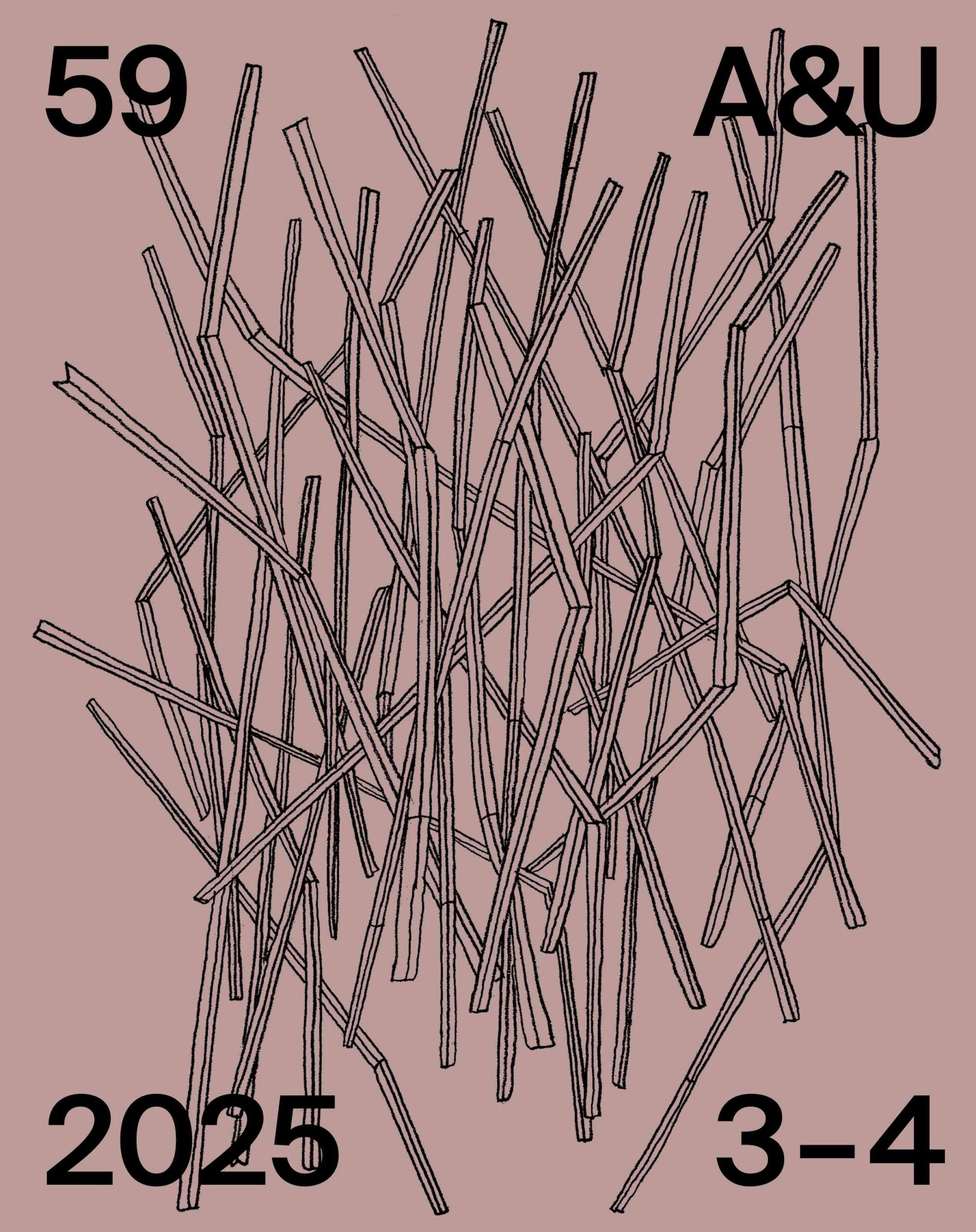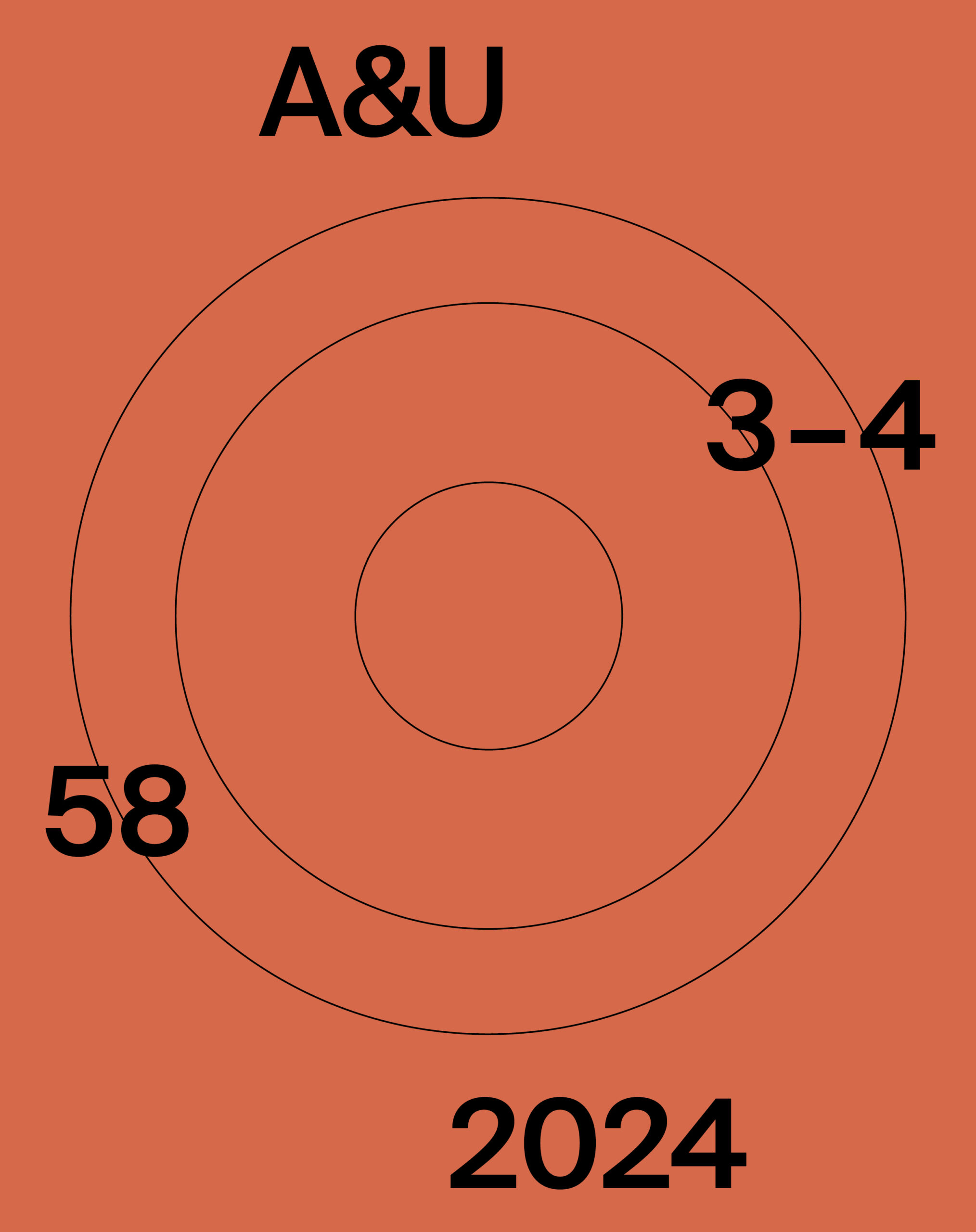The general story of ECE cities in the era of transformation is well known. What began in the course of the 1980s as an endeavour to make cities more liveable, humane and ecological, ended up in a massive privatization at some point in the 1990s. Mostly this development has been explained by social geographers, sociologists and others by the impact of the neoliberal ideology and the particular phase of capitalism imported by East Central European states after the fall of communism from the West. In this study I would like to historicize this essential chapter of contemporary urban history in ECE, using the example of housing in Bratislava – the capital representing the most extreme case of housing privatization in the region.
While focusing on the process of transformation of housing ownership, I will take into account the different levels, on which privatization was prepared, performed and accomplished. Methodologically, this involves the analysis of the changing ideological framework, the establishment of legal norms and instruments (resp. their adaptation in the municipal context) and revealing the different practices in acquiring flats and houses by individual actors or corporations. Especially on the discursive level, tracing the changing approaches to relationship between citizens and their personal living space (or to ownership in general) in the decade before 1989 will be an important part of the analysis. In order to reconstruct the process of preparing and realizing of housing privatization (and also the high legitimacy of the process in the 1990s), I will analyse not only documents of central (municipal) provenience, but also negotiations and popular demand, which can be documented by sources of particular city districts, especially the Old town (m.č. Staré Mesto) with the potentially most valuable properties in the city.
DOI: https://doi.org/10.31577/archandurb.2023.57.3-4.4

This work is licensed under a Creative Commons Attribution 4.0 International License




